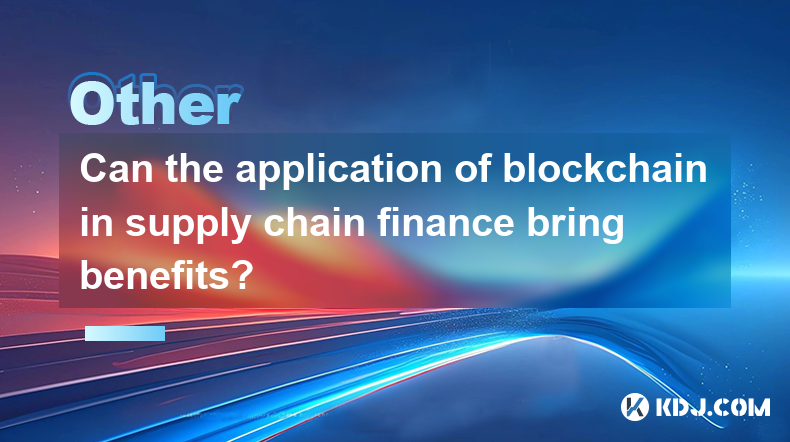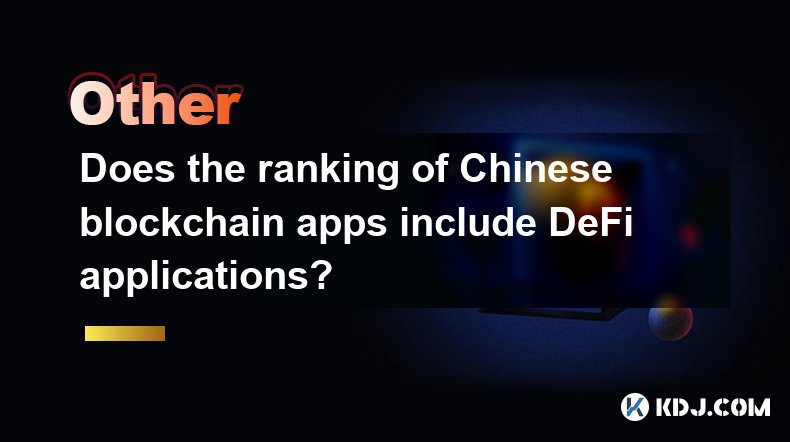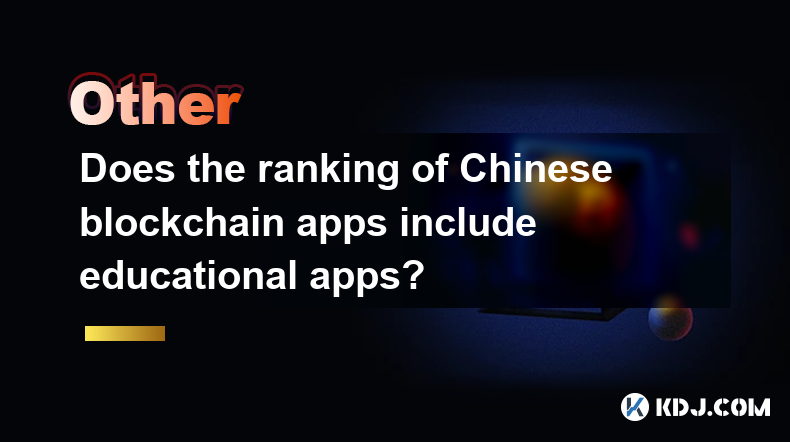-
 Bitcoin
Bitcoin $84,597.5330
-0.49% -
 Ethereum
Ethereum $1,592.6457
0.50% -
 Tether USDt
Tether USDt $0.9997
-0.04% -
 XRP
XRP $2.0831
0.50% -
 BNB
BNB $592.9768
0.24% -
 Solana
Solana $134.1302
0.29% -
 USDC
USDC $1.0000
0.00% -
 Dogecoin
Dogecoin $0.1580
0.63% -
 TRON
TRON $0.2414
-2.84% -
 Cardano
Cardano $0.6275
1.03% -
 UNUS SED LEO
UNUS SED LEO $9.2362
1.75% -
 Chainlink
Chainlink $12.6306
0.88% -
 Avalanche
Avalanche $19.1583
0.21% -
 Toncoin
Toncoin $3.0109
1.48% -
 Stellar
Stellar $0.2413
0.54% -
 Shiba Inu
Shiba Inu $0.0...01224
3.82% -
 Hedera
Hedera $0.1658
1.35% -
 Sui
Sui $2.1452
0.62% -
 Bitcoin Cash
Bitcoin Cash $342.2668
1.13% -
 Polkadot
Polkadot $3.6976
1.53% -
 Litecoin
Litecoin $76.4913
1.60% -
 Hyperliquid
Hyperliquid $16.7875
1.11% -
 Dai
Dai $1.0000
-0.02% -
 Bitget Token
Bitget Token $4.3955
0.75% -
 Ethena USDe
Ethena USDe $0.9993
0.00% -
 Pi
Pi $0.6200
1.39% -
 Monero
Monero $216.3958
0.03% -
 Uniswap
Uniswap $5.1881
-0.10% -
 Pepe
Pepe $0.0...07265
-0.02% -
 OKB
OKB $50.5426
-0.14%
What is homomorphic encryption on a blockchain?
Homomorphic encryption on blockchain allows secure computations on encrypted data, enhancing privacy and enabling confidential smart contracts and secure voting systems.
Apr 12, 2025 at 08:21 am

What is Homomorphic Encryption on a Blockchain?
Homomorphic encryption is a form of encryption that allows computations to be performed on encrypted data without decrypting it first. This means that data can remain confidential even while it is being processed. When applied to blockchain technology, homomorphic encryption offers a powerful tool for enhancing privacy and security within decentralized systems.
In the context of blockchain, homomorphic encryption enables the execution of smart contracts and other operations on encrypted data, ensuring that sensitive information remains protected throughout the transaction process. This article will delve into the intricacies of homomorphic encryption, its application on blockchain, and the benefits and challenges it presents.
Understanding Homomorphic Encryption
At its core, homomorphic encryption allows for the manipulation of encrypted data in such a way that the result of the computation is the same as if the operations were performed on the plaintext data. There are three main types of homomorphic encryption: partially homomorphic, somewhat homomorphic, and fully homomorphic.
- Partially homomorphic encryption supports only one type of operation, such as addition or multiplication, on encrypted data.
- Somewhat homomorphic encryption allows for a limited number of operations before the data needs to be decrypted.
- Fully homomorphic encryption (FHE) is the most advanced form, permitting an unlimited number of operations on encrypted data without any loss of security.
For blockchain applications, fully homomorphic encryption is particularly appealing because it allows for complex computations to be carried out on encrypted data, maintaining privacy at all stages of the process.
How Homomorphic Encryption Works on Blockchain
In a blockchain network, homomorphic encryption can be integrated into smart contracts to process encrypted data. Here’s a step-by-step look at how this works:
- Data Encryption: Before data is added to the blockchain, it is encrypted using a homomorphic encryption scheme.
- Smart Contract Execution: The smart contract, which is a self-executing contract with the terms directly written into code, performs operations on the encrypted data.
- Result Decryption: The result of the computation is then decrypted by the authorized party, ensuring that the data remains confidential throughout the process.
This process ensures that the data on the blockchain remains encrypted and secure, even during complex computations, which is a significant advantage over traditional blockchain systems where data must often be decrypted for processing.
Benefits of Homomorphic Encryption on Blockchain
The integration of homomorphic encryption into blockchain technology offers several key benefits:
- Enhanced Privacy: By allowing computations on encrypted data, homomorphic encryption ensures that sensitive information remains confidential, even when shared across a decentralized network.
- Data Integrity: Since the data remains encrypted during processing, the risk of data tampering or unauthorized access is significantly reduced.
- Compliance with Regulations: For industries that handle sensitive data, such as finance and healthcare, homomorphic encryption can help meet stringent data protection regulations while still leveraging the benefits of blockchain technology.
These benefits make homomorphic encryption a valuable tool for enhancing the security and privacy of blockchain-based systems.
Challenges of Implementing Homomorphic Encryption on Blockchain
Despite its advantages, implementing homomorphic encryption on blockchain comes with several challenges:
- Computational Complexity: Fully homomorphic encryption schemes are computationally intensive, which can lead to slower transaction times and increased resource requirements.
- Scalability Issues: The additional computational overhead can also impact the scalability of blockchain networks, making it more challenging to handle large volumes of transactions.
- Key Management: Effective key management is crucial for maintaining the security of homomorphic encryption systems, but it can be complex in a decentralized environment.
Addressing these challenges requires ongoing research and development to optimize homomorphic encryption algorithms and integrate them seamlessly into blockchain networks.
Real-World Applications of Homomorphic Encryption on Blockchain
Several projects and initiatives are exploring the potential of homomorphic encryption in blockchain applications:
- Secure Voting Systems: Homomorphic encryption can be used to create secure, verifiable voting systems where votes are encrypted and processed without revealing individual voter choices.
- Privacy-Preserving Data Sharing: In healthcare and finance, homomorphic encryption can enable the sharing of sensitive data across blockchain networks while maintaining privacy.
- Confidential Smart Contracts: By encrypting the data within smart contracts, homomorphic encryption ensures that the terms and execution of contracts remain confidential.
These applications demonstrate the versatility and potential impact of homomorphic encryption on blockchain technology.
Frequently Asked Questions
Q: How does homomorphic encryption differ from other encryption methods used in blockchain?
A: Unlike other encryption methods, homomorphic encryption allows computations to be performed on encrypted data without decrypting it first. Traditional encryption methods require data to be decrypted for processing, which can compromise privacy. Homomorphic encryption maintains data confidentiality throughout the computation process, making it ideal for privacy-sensitive applications on blockchain.
Q: Can homomorphic encryption be used with existing blockchain platforms like Ethereum?
A: While homomorphic encryption can theoretically be integrated into existing blockchain platforms like Ethereum, it would require significant modifications to the underlying architecture. The computational complexity of homomorphic encryption could impact the performance of these platforms, necessitating optimizations and possibly the development of specialized hardware to support it.
Q: Are there any known vulnerabilities in homomorphic encryption when used on blockchain?
A: As with any encryption method, homomorphic encryption is not immune to vulnerabilities. Potential risks include the possibility of side-channel attacks, where information about the encrypted data is leaked through the timing or power consumption of the computations. Additionally, the key management in a decentralized environment can be a weak point if not handled securely. Ongoing research aims to address these vulnerabilities and enhance the security of homomorphic encryption on blockchain.
Q: How can businesses benefit from using homomorphic encryption on blockchain?
A: Businesses can leverage homomorphic encryption on blockchain to securely process and share sensitive data across decentralized networks. This is particularly beneficial for industries like finance and healthcare, where data privacy is paramount. By using homomorphic encryption, businesses can comply with data protection regulations while still benefiting from the transparency and immutability of blockchain technology.
Disclaimer:info@kdj.com
The information provided is not trading advice. kdj.com does not assume any responsibility for any investments made based on the information provided in this article. Cryptocurrencies are highly volatile and it is highly recommended that you invest with caution after thorough research!
If you believe that the content used on this website infringes your copyright, please contact us immediately (info@kdj.com) and we will delete it promptly.
- South Korea kicked off 2025 with political chaos, regulatory heat and a crypto market finally brought to heel
- 2025-04-19 04:20:12
- BetMGM Bonus Code CUSE150 Gives New Users a "Bet $10, Get $150 if you Win" Deal
- 2025-04-19 04:20:12
- Davinci Jeremie, a long-time Bitcoin advocate, has reaffirmed his belief that Bitcoin will ultimately outperform XRP
- 2025-04-19 04:15:16
- BYDFi Launches MoonX, a New Web3 Product Targeting MemeCoin Investors
- 2025-04-19 04:15:16
- The popular alternative cryptocurrency Solana (SOL), which has emerged as one of the hottest assets on the market in recent months, may be on the verge of a painful downtrend against its main counterpart, Bitcoin.
- 2025-04-19 04:15:14
- BlockDAG (BDAG) Teams Up with HackerEarth to Launch Global Hackathons Aimed at Attracting Developers
- 2025-04-19 04:15:14
Related knowledge

Can ICOs in the blockchain space still make money?
Apr 17,2025 at 08:29pm
The landscape of Initial Coin Offerings (ICOs) in the blockchain space has evolved significantly since their peak in 2017 and 2018. Despite the increased regulatory scrutiny and the rise of alternative fundraising methods like Security Token Offerings (STOs) and Initial Exchange Offerings (IEOs), ICOs can still be a viable way to raise funds and generat...

Can the application of blockchain in supply chain finance bring benefits?
Apr 15,2025 at 04:00pm
Can the application of blockchain in supply chain finance bring benefits? The integration of blockchain technology into supply chain finance has garnered significant attention in the cryptocurrency and financial sectors. This article explores how blockchain can potentially revolutionize supply chain finance, detailing its benefits and providing a compre...

Does the ranking of Chinese blockchain apps include cross-chain applications?
Apr 14,2025 at 04:00pm
The ranking of Chinese blockchain apps is a comprehensive evaluation that takes into account various aspects such as user base, transaction volume, and technological innovation. A pertinent question arises regarding whether these rankings include cross-chain applications. Cross-chain applications, which allow different blockchain networks to interact an...

Does the ranking of Chinese blockchain apps include DeFi applications?
Apr 15,2025 at 06:57am
The ranking of Chinese blockchain apps is a comprehensive list that showcases the most popular and influential applications within the cryptocurrency ecosystem. One question that often arises is whether these rankings include DeFi applications. To answer this, we need to delve into the specifics of how these rankings are compiled and what types of appli...

Does the ranking of Chinese blockchain apps include educational apps?
Apr 16,2025 at 03:35am
The ranking of Chinese blockchain apps often includes a variety of categories, from finance and gaming to social networking and beyond. One question that frequently arises is whether these rankings include educational apps. To address this, we need to delve into the specifics of how blockchain apps are categorized and ranked in China, and whether educat...

Does the ranking of Chinese blockchain apps include enterprise-level applications?
Apr 15,2025 at 06:42am
The ranking of Chinese blockchain apps often includes a variety of applications, ranging from consumer-focused to enterprise-level solutions. Understanding the scope and criteria for these rankings is essential to determine if enterprise-level applications are included. This article delves into the specifics of how Chinese blockchain app rankings are co...

Can ICOs in the blockchain space still make money?
Apr 17,2025 at 08:29pm
The landscape of Initial Coin Offerings (ICOs) in the blockchain space has evolved significantly since their peak in 2017 and 2018. Despite the increased regulatory scrutiny and the rise of alternative fundraising methods like Security Token Offerings (STOs) and Initial Exchange Offerings (IEOs), ICOs can still be a viable way to raise funds and generat...

Can the application of blockchain in supply chain finance bring benefits?
Apr 15,2025 at 04:00pm
Can the application of blockchain in supply chain finance bring benefits? The integration of blockchain technology into supply chain finance has garnered significant attention in the cryptocurrency and financial sectors. This article explores how blockchain can potentially revolutionize supply chain finance, detailing its benefits and providing a compre...

Does the ranking of Chinese blockchain apps include cross-chain applications?
Apr 14,2025 at 04:00pm
The ranking of Chinese blockchain apps is a comprehensive evaluation that takes into account various aspects such as user base, transaction volume, and technological innovation. A pertinent question arises regarding whether these rankings include cross-chain applications. Cross-chain applications, which allow different blockchain networks to interact an...

Does the ranking of Chinese blockchain apps include DeFi applications?
Apr 15,2025 at 06:57am
The ranking of Chinese blockchain apps is a comprehensive list that showcases the most popular and influential applications within the cryptocurrency ecosystem. One question that often arises is whether these rankings include DeFi applications. To answer this, we need to delve into the specifics of how these rankings are compiled and what types of appli...

Does the ranking of Chinese blockchain apps include educational apps?
Apr 16,2025 at 03:35am
The ranking of Chinese blockchain apps often includes a variety of categories, from finance and gaming to social networking and beyond. One question that frequently arises is whether these rankings include educational apps. To address this, we need to delve into the specifics of how blockchain apps are categorized and ranked in China, and whether educat...

Does the ranking of Chinese blockchain apps include enterprise-level applications?
Apr 15,2025 at 06:42am
The ranking of Chinese blockchain apps often includes a variety of applications, ranging from consumer-focused to enterprise-level solutions. Understanding the scope and criteria for these rankings is essential to determine if enterprise-level applications are included. This article delves into the specifics of how Chinese blockchain app rankings are co...
See all articles
























































































